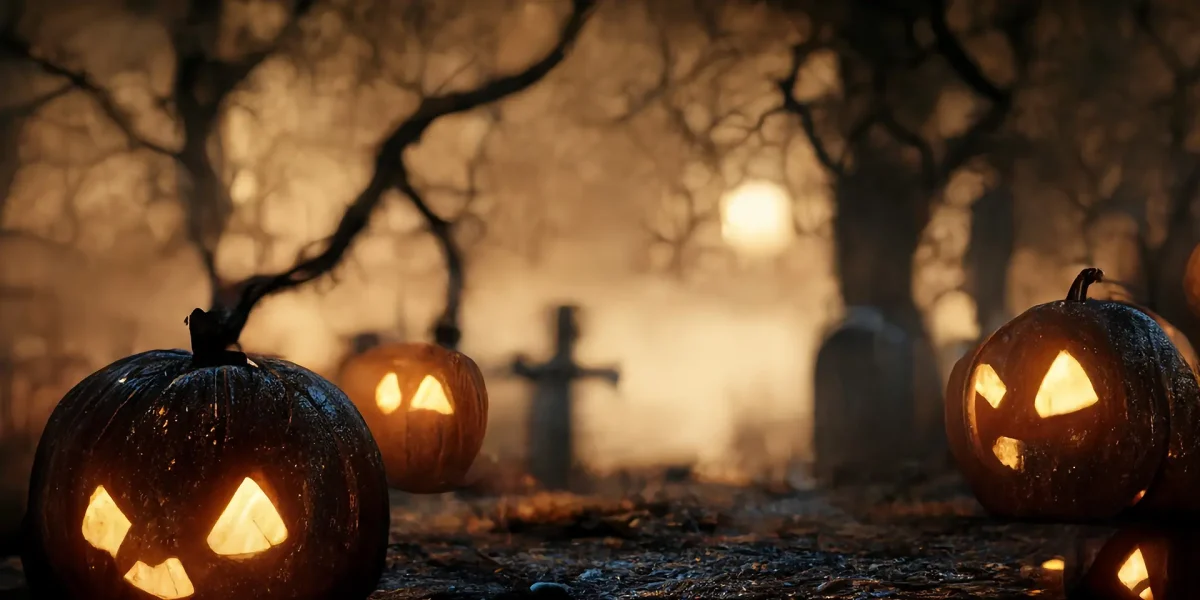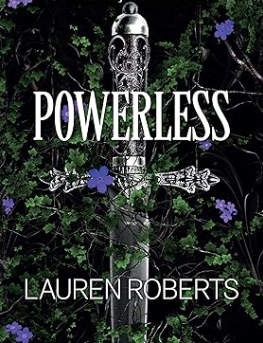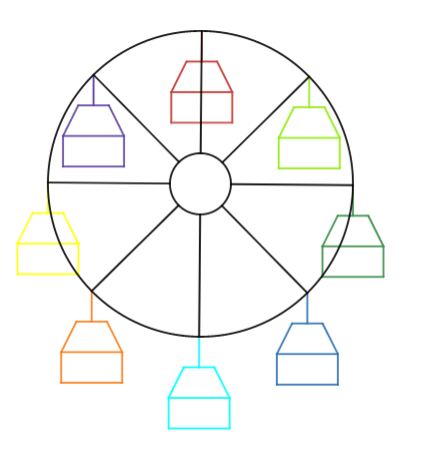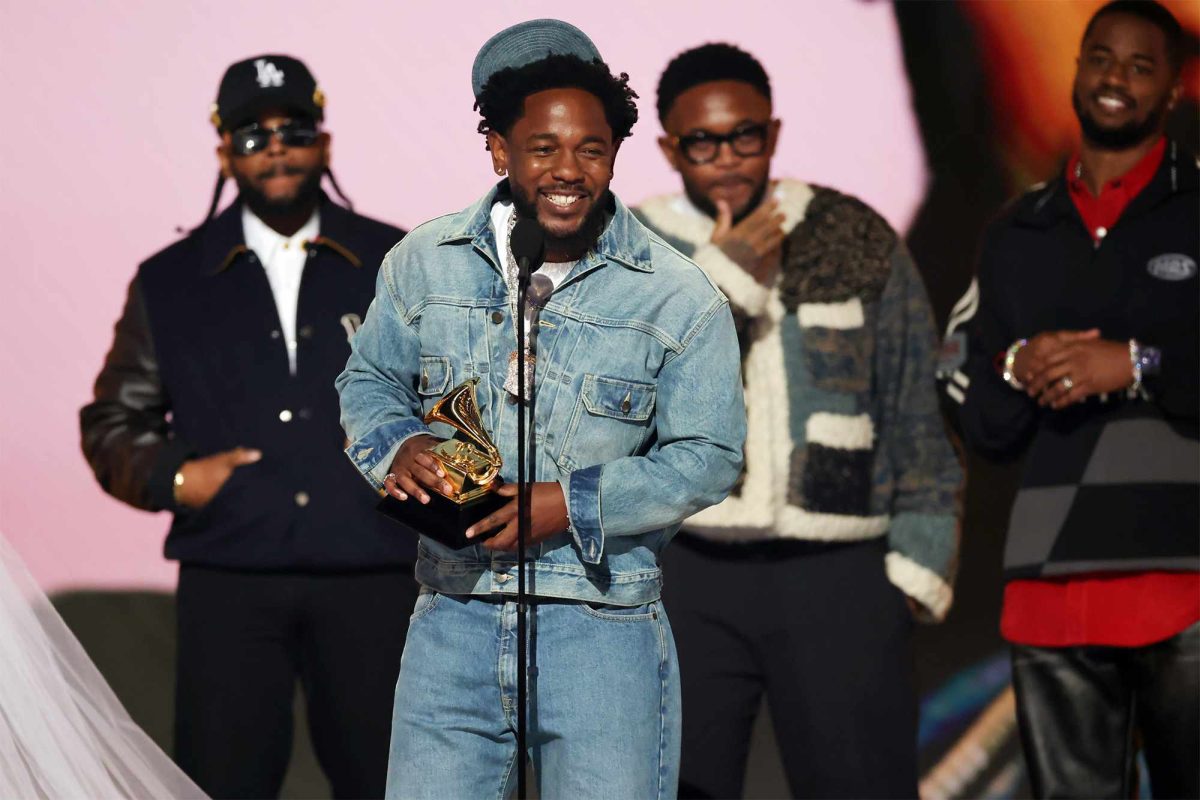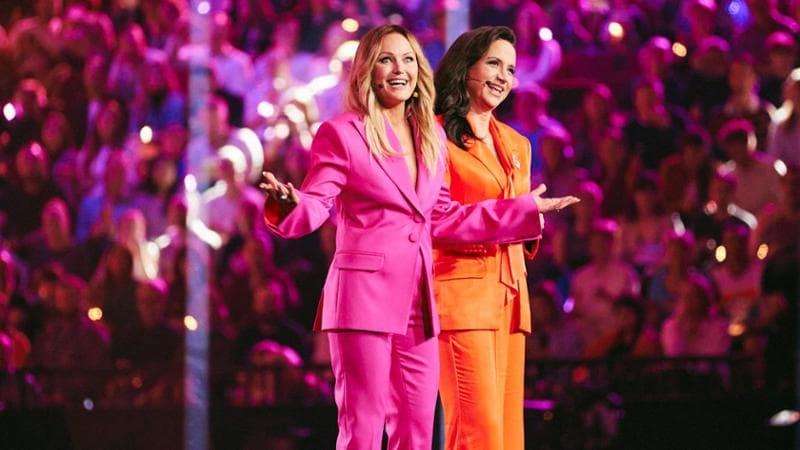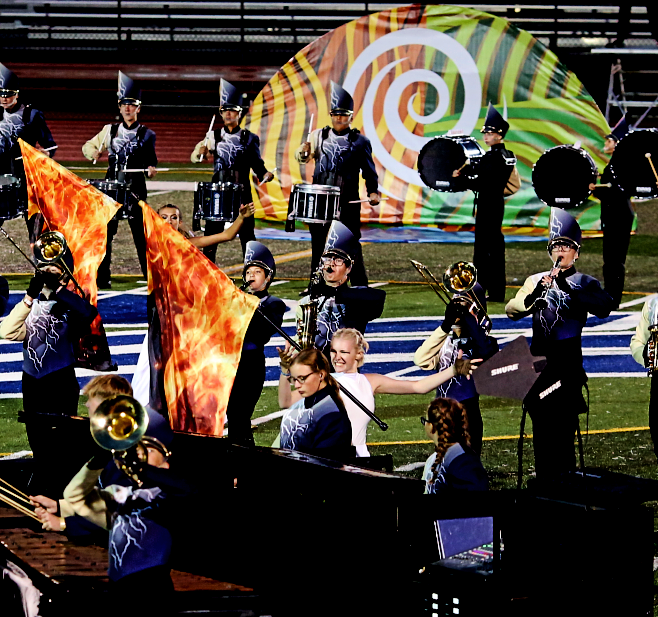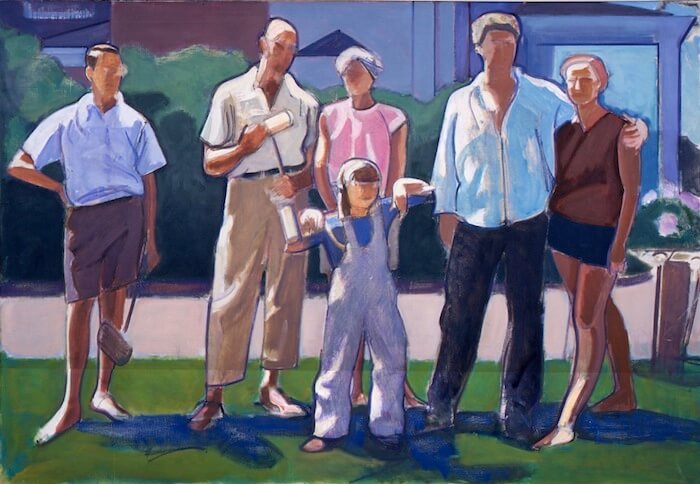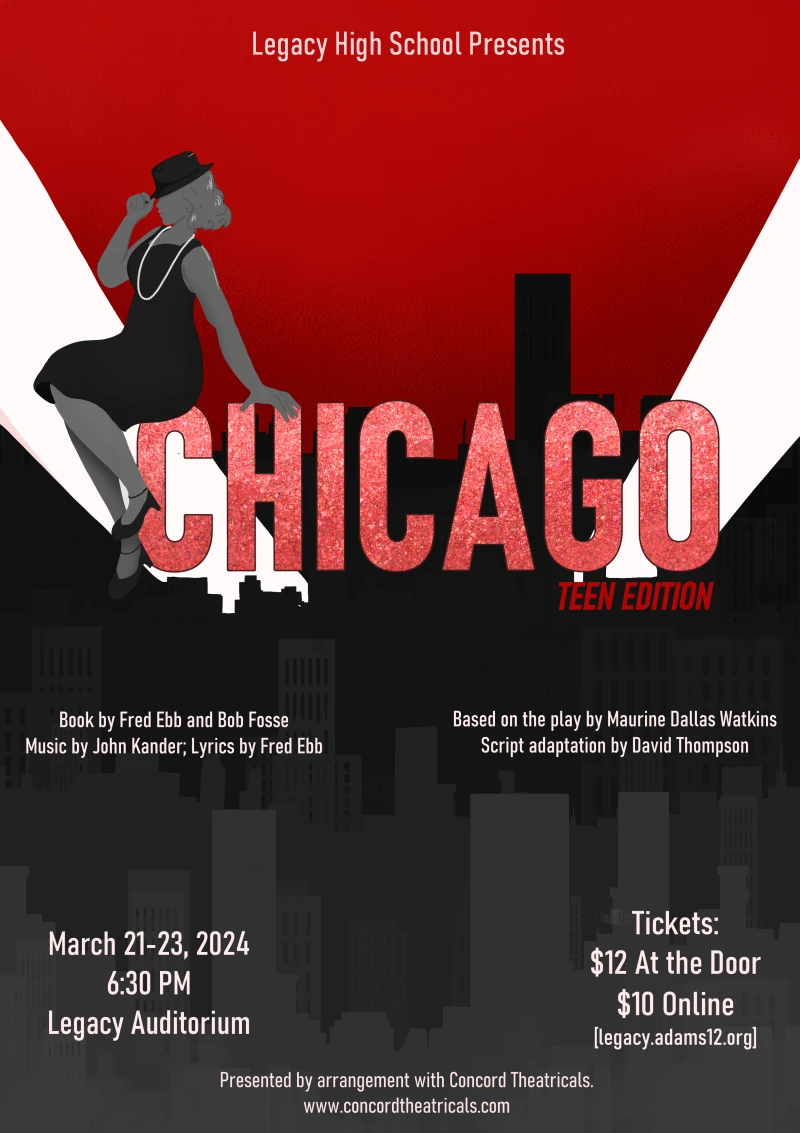February 2nd marked the 67th annual Grammy Awards. The awards went out to a variety of artists; Beyoncé finally won album of the year with Cowboy Carter (which also won best country album); Chappell Roan was awarded Best New Artist; Not Like Us by Kendrick Lamar won both Record and Song of the year. But what does any of this mean? Only 15.4 million people watched the Grammys this year which is a 9% drop in viewership from last year, and the 3rd lowest viewership ever (the other two being 9.23 in 2021 and 9.59 in 2022). Viewership has been steadily declining since 2012, but why don’t people care about awards – especially Academy Awards – shows anymore?
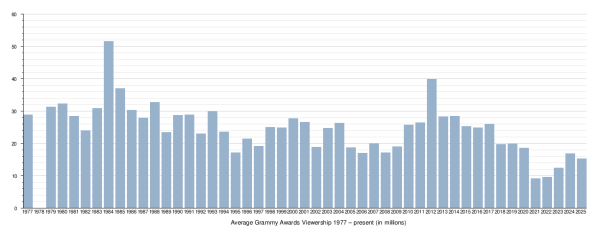
Genres
There are 94 Grammy awards (categories) split into fields, which are mainly music genres. These fields are: Pop & Dance/Electronic; Rock, Metal & Alternative Music; R&B, Rap & Spoken Word Poetry; Jazz, Traditional Pop, Contemporary Instrumental & Musical Theater; Country & American Roots Music; Gospel & Contemporary Christian Music; Latin, Global, Reggae & New Age, Ambient, or Chant; Children’s, Comedy, Audio Books, Visual Media & Music Video/Film; Package, Notes & Historical; and finally Classical. Maybe 20 years ago these genres were easy to discern, but modern music often mixes genres.
Lines between pop and country and R&B are blurring. Cowboy Carter won best country album, and while this album definitely pulls from country more than Beyoncé’s usual music, there’s discourse on whether it belongs in the country category. Artists moving genres can keep smaller artists from winning these awards. And this goes both ways.
Tyla, a smaller artist who won the first best African music performance award last year, had her self-titled debut album considered to be pop, which completely robbed her of the chance at nomination. Music is more than just genres, many of the songs and albums holding nominations this year transcend traditional genres. So how do the awards properly separate them? Well, they don’t; and I don’t think they should.
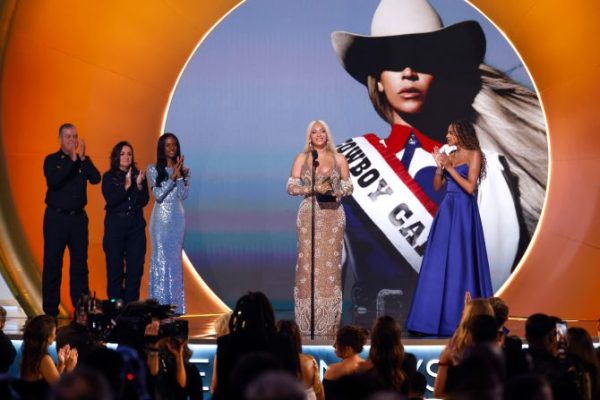
Seniority Bias
The rock categories are the worst offenders in seniority bias. Rock, metal, and alternative are three genres that have seen a lot of change in the past decade, but the Grammys don’t generally reflect that. As such, many of the rock entries this year were old bands who have put out new music, for example, The Rolling Stones, Pearl Jam, Metallica, and Green Day. I think that the Academy doesn’t consider modern rock as “rock” and so they put bands that are way past their prime back into the mix. One modern rock artist I think should have been considered this year is Pom Pom Squad, who released their new album Mirror Starts Moving Without Me back in October of 2024. Modern rock doesn’t always fit into conventional rock categories, so the Academy should adjust their idea of “rock” as a genre.
Further displaying the Academy’s seniority bias, Best Rock Performance went to an AI enhanced Beatles performance despite other strong contenders, including my personal favorite IDLES (which won a few awards) and even Pearl Jam (a band from the ’90s), which begs the question: Should music utilizing AI be able to win awards? So not only has the Academy faced criticism regarding seniority bias, but now they are also allowing AI to be used in these winners. To be clear, the AI in “Now and Then” by the Beatles was really aimed at improving the quality of Lennon’s recordings; however, it still uses artificial intelligence, which opens the floodgates to lazy AI generated music becoming eligible for these awards.
Why Don’t People Care?
The Grammy Awards were once a great platform for artists to reach a wider audience, but, with the introduction of the internet, that is something that can be accomplished without the ceremony. Streaming, while economically a wreck, has made music creation much more accessible than it used to be. With some equipment, someone could record a random song in their basement and release it on Spotify. The accessibility of music today has allowed for many new artists to reach an audience, and as such, there’s a lot of music.
These awards are not representative of the music community, more just mainstream culture and music. The term “pop” comes from the word popular, because it represents the most mainstream music available. Also, many indie artists (those who do not have contracts with major record labels) will never get the opportunity to even receive a nomination for awards shows like the Grammys.
All of this to say, many people won’t see their favorite artists represented, so why would they watch?
Award shows are bordering on becoming obsolete, which is shown by the rampant decline in viewership across many different productions. I don’t find these awards to really be relevant, other than a way to measure how good an artist is with skewed quantitative data. While awards for these extremely deserving, musicians deserve respect the academy really needs to evolve, and create a version of this that will actually be relevant and have meaning.






